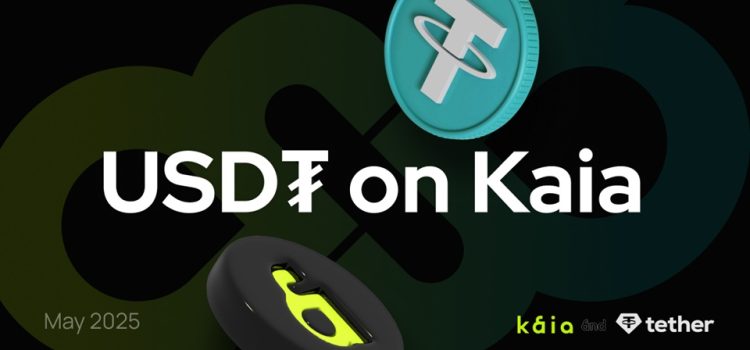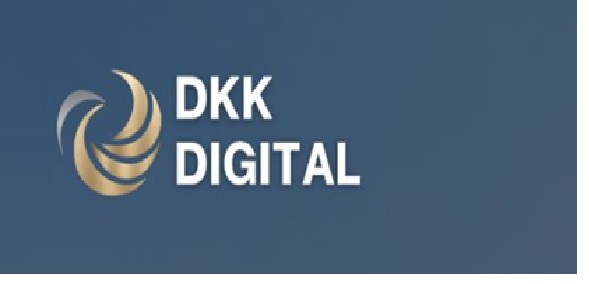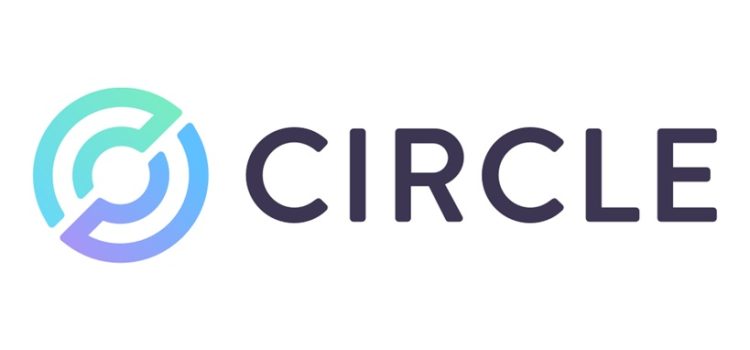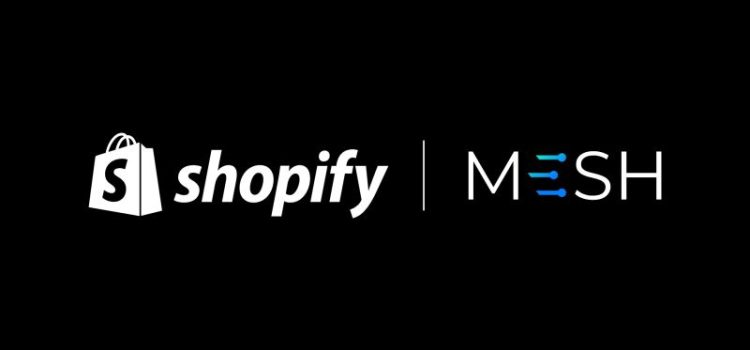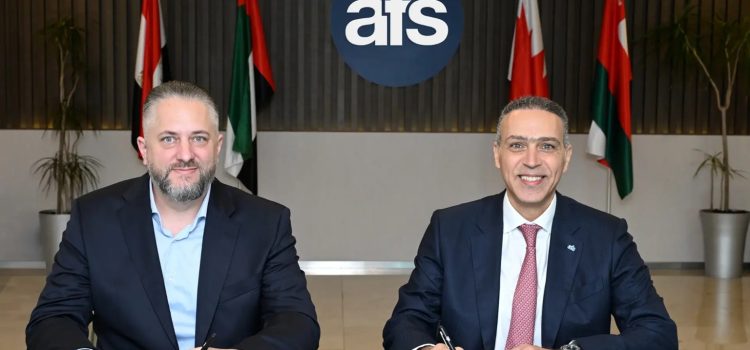
Ripple, has onboarded Zand Bank, a UAE digital bank and Mamo, a financial payments company based out of DIFC, who will utilize Ripple’s blockchain enabled cross border payments solution. Ripple Payments employs blockchain, digital assets, and a global network of payout partners to deliver fast, transparent, reliable cross-border payments and on/off ramps for banks, crypto companies, and fintech worldwide.
Utilizing its recently acquired license from DFSA ( Dubai Financial Services Authority) in DIFC, the solution will enable Ripple to manage payments end-to-end on behalf of its customers. Customers will be able to move funds across the globe 24/7 across the entire year and settle payments in minutes.
Reece Merrick, Managing Director, Middle East and Africa, at Ripple, “Securing our DFSA license enables Ripple to better serve the demand for solutions to the inefficiencies of traditional cross-border payments, such as high fees, long settlement times, and lack of transparency, in one of the world’s largest cross-border payments hubs. Our new partnerships with Zand Bank and Mamo are testament to the momentum that the license has created for our business. As the global cross-border payments market grows, the leadership demonstrated by authorities in the UAE to create a supportive environment for crypto innovation has positioned the nation and its native companies to benefit from the transformative power of blockchain technology to drive efficiency and innovation in payments.”
According to Ripple’s 2025 New Value Report, 64% of Middle East and Africa (MEA) finance leaders see faster payments and settlement times as the biggest impetus for incorporating blockchain-based currencies into their cross-border payments flows.
“As a pioneering financial institution with a full-fledged banking license, Zand Bank is paving the way for a stronger digital economy by offering innovative financial products as well as AI and blockchain solutions alongside our institutional-grade digital asset custodial services,” commented Chirag Sampat, Head of Treasury and Markets at Zand Bank. “Our collaboration with Ripple highlights our commitment to empowering global payment solutions through blockchain technology. Moreover, we are excited to soon launch an AED-backed stablecoin, designed to further enhance seamless and efficient transactions in the rapidly evolving digital economy.”
“The UAE is on an incredible growth path, with over a million businesses expected to call it home by 2030. At Mamo, we’re proud to be at the forefront of this journey making global payments simpler and more accessible for everyone,” said Imad Gharazeddine, CEO and co-founder of Mamo. “Our partnership with Ripple is a big step forward. It allows us to offer faster, more reliable cross-border payments for both businesses and consumers, helping companies across the UAE scale with confidence.”









